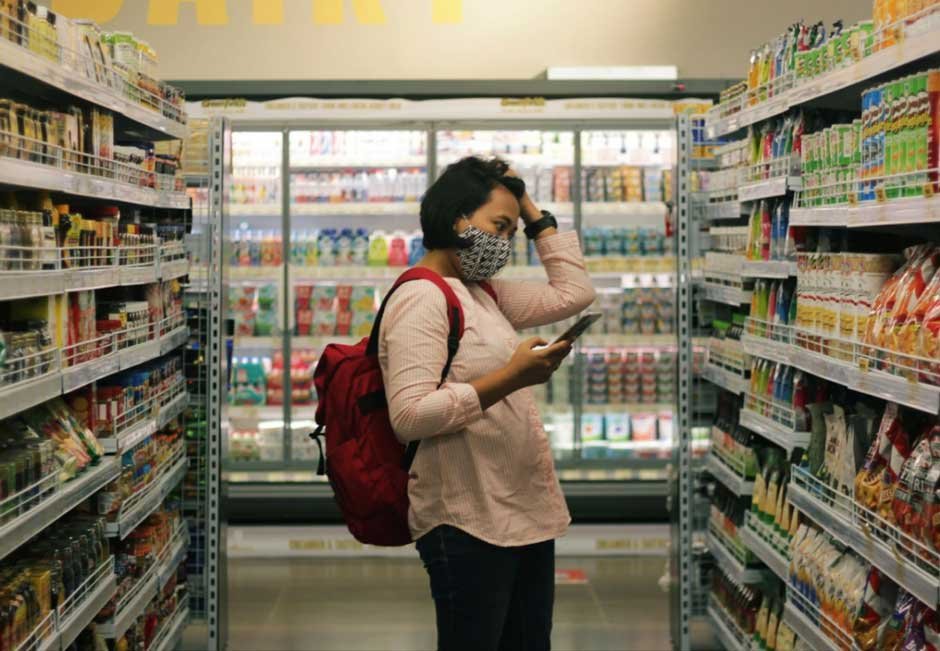Retail display isn’t just about filling shelves. It’s about shaping choices. The end of an aisle, where traffic naturally slows or stops, offers a high-impact zone that many retailers underestimate. That’s where gondola end bays come in.
Retailers across Australia trust gondola shelving units from Mills Shelving to increase visibility and drive buyer engagement at the aisle’s edge.
Gondola end bays don’t just complete an aisle. They serve as silent persuaders. Done well, they can turn browsers into buyers without a single word spoken.
What Are Gondola End Bays?
Gondola end bays are display units placed at the end of standard gondola shelving aisles. They face outward, intercepting foot traffic.
Key features:
- Typically narrower than aisle bays
- Often used for promotions or fast-moving stock
- Fully adjustable shelves for varied product heights
These units are modular and integrate seamlessly into existing shelving systems. End bays can hold anything from packaged food and cosmetics to hardware and seasonal stock.
In short, they maximise exposure. Without taking up extra floor space.
Psychological Triggers at the End of Aisles
Retail psychology is clear: shoppers slow down at the end of an aisle. Their attention is momentarily unoccupied. That gap is an opening.
At this point, their decision-making is less structured. They’ve reached a break in the visual rhythm of the store. End bays fill that void and guide attention.
Key behavioural insights:
- Interruptions improve recall: Shoppers are more likely to remember items placed in transitional spaces.
- Peripheral vision cues: End bays catch the eye even if the shopper is walking past without intent to stop.
- Impulse zones: These areas are known as hotspots for impulse buying. Small, low-commitment items work best.
Retailers can tap into this natural pause. They can place products where the shopper is mentally open to suggestion.
Benefits of Using End Bays for Promotions
Promotional success often depends on visibility and positioning. Gondola end bays deliver both. Here’s how they help drive sales:
- More Eyes on Key Products
End bays are visible from a distance. This gives products more exposure than those buried in the middle of an aisle. Promotions placed here are harder to miss.
- Create a Thematic Focus
End bays allow retailers to group promotional items around a theme: holidays, weather, school season, or daily needs. This improves product association and perceived value.
- Move Inventory Faster
Products placed at the end of aisles turn over quicker. That’s why clearance items, new launches, and high-margin products often end up here.
- Encourage Cross-Selling
Bundling items on end bays—like coffee and travel mugs, or batteries and small appliances—can trigger additional purchases. Proximity makes connections easier.
- Quick Setup, Big Results
Retailers can change end bay setups frequently. This keeps displays fresh and allows for real-time promotions, giving the store a dynamic feel.
Table: Comparison – Centre Aisle vs End Bay
| Feature | Centre Aisle Bays | End Bays |
| Visibility | Moderate | High |
| Purpose | Stocking full range | Spotlight or promotion |
| Shopper Intent | Planned purchases | Impulse-driven |
| Layout Flexibility | Fixed per aisle planogram | Easy to reset frequently |
| Foot Traffic Interaction | Linear flow | Transitional eye contact |
Design Tips to Maximise Impact
End bays succeed when well-designed. It’s not just about what’s displayed, but how it’s arranged.
Use Eye-Level Positioning
People gravitate to the centre of a display first. That zone should hold the highest priority items.
Limit Choices
Clutter reduces clarity. A focused selection creates impact. Three to five key SKUs work better than ten average ones.
Incorporate Signage
Simple shelf talkers, price flashers, or callouts help the product stand out. Use bold text, minimal words, and readable fonts.
Use Contrasting Colours
Bright or bold shelf backings and price labels attract attention. But keep the background neutral to avoid distraction.
Rotate Stock Frequently
Static displays fade into the background. Changing themes weekly or monthly can re-engage regular customers.
Measuring the Effectiveness of End Bay Displays
Results matter. Retailers need to assess how well their end bays perform.
Trackable Metrics:
- Units sold from end bays vs in-aisle shelves
- Foot traffic using heatmaps or store cameras
- Dwell time at end bays
- Stock turnover rates
Run A/B Tests:
Try two variations of an end bay layout in alternating weeks. Compare sales numbers. Look for increases in conversion.
Use POS System Tags:
Tag items coded for end bay placement. Monitor their individual performance to calculate ROI more clearly.
Are Gondola End Bays the Missing Piece in Your Sales Strategy?
Gondola end bays are more than shelf extensions. They work as behavioural nudges at the very point shoppers pause, glance, and often decide.
Thoughtfully arranged end bays can increase impulse purchases, push seasonal offers, and drive quicker inventory turnover. They act as both a marketing tool and a merchandising strategy.
Retailers willing to optimise their end bay displays gain a quiet advantage. One that pays off in real numbers.







